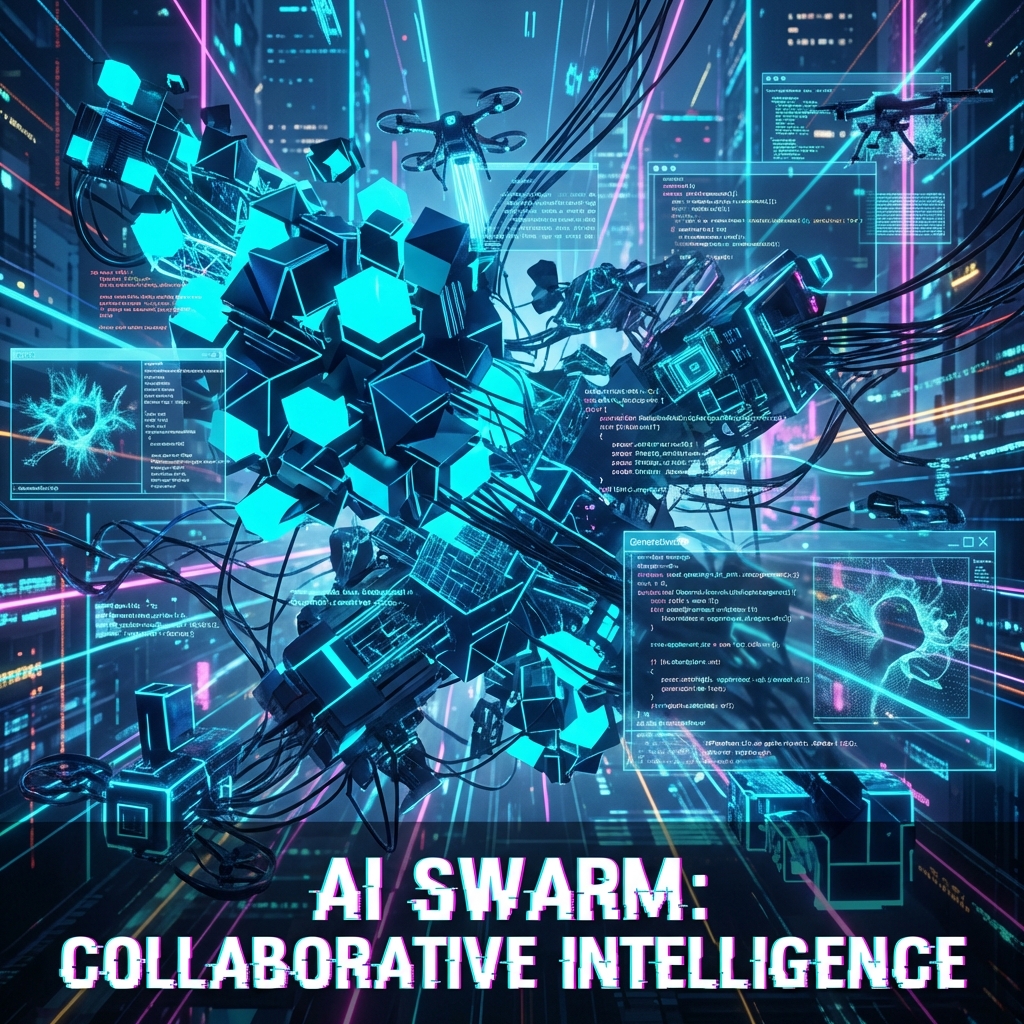AI as a Lab Partner: Accelerating Science


The New Age of Discovery is Artificially Intelligent
Science has always been about pushing boundaries, but today, researchers have a powerful new partner in their quest for knowledge: Artificial Intelligence. AI is rapidly evolving from a mere data analysis tool into a creative collaborator, capable of forming hypotheses, designing experiments, and uncovering insights that would have previously been impossible. This synergy between human intellect and machine intelligence is sparking a new renaissance in scientific discovery.
At HarrisonAIX, we see this as one of the most profound applications of AI, one that promises to solve some of humanity’s most pressing challenges. From medicine to materials science, AI is fundamentally changing the speed and scale of research.
How AI is Revolutionizing the Scientific Method
The traditional scientific method is a painstaking process of observation, hypothesis, experimentation, and analysis. AI is injecting high-octane fuel into every stage of this process:
-
Hypothesis Generation: AI models can sift through immense volumes of scientific literature, genetic data, and chemical libraries to identify patterns and propose novel hypotheses that human researchers might miss. This is accelerating the starting point for new research directions.
-
Experiment Simulation: Before stepping into a wet lab, scientists can use AI to run complex simulations. This is particularly transformative in fields like drug discovery, where AI can predict how different molecules will interact, saving countless hours and millions of dollars in physical experiments.
-
Data Analysis at Scale: Modern science generates data at an astronomical rate. AI algorithms are uniquely equipped to analyze these massive datasets—from the output of a particle accelerator to genomic sequences—to find the proverbial needle in the haystack.
-
Unlocking Complexity: AI excels at modeling complex, non-linear systems. This is leading to breakthroughs in our understanding of climate change, brain function, and protein folding—a challenge so complex that its solution, DeepMind’s AlphaFold, was awarded a Nobel Prize.
Breakthroughs on the Frontier
The impact of AI in science isn’t theoretical; it’s happening right now:
-
Personalized Medicine: AI is helping to design drugs and therapies tailored to an individual’s genetic makeup, promising a future where medicine is predictive and personalized rather than reactive.
-
New Materials Discovery: Scientists are using AI to design novel materials with specific properties, such as more efficient solar cells, stronger lightweight composites for aerospace, and better catalysts for clean energy.
-
Mapping the Brain: Google and its partners recently used AI to create an unprecedentedly detailed map of a small portion of the human brain, revealing new types of neurons and connections that are deepening our understanding of the mind.
-
Climate Modeling: AI models are providing more accurate predictions of extreme weather events, helping communities better prepare for the impacts of climate change.
The Road Ahead
The collaboration between scientists and AI is just beginning. As AI models become more sophisticated and integrated into research workflows, we can expect the pace of discovery to accelerate even further. This partnership will be crucial for tackling grand challenges in health, sustainability, and our fundamental understanding of the universe.
At HarrisonAIX, we are committed to building the AI infrastructure that will support this new era of discovery. The future of science is not just about human ingenuity or machine power, but the incredible potential that emerges when they are combined.


